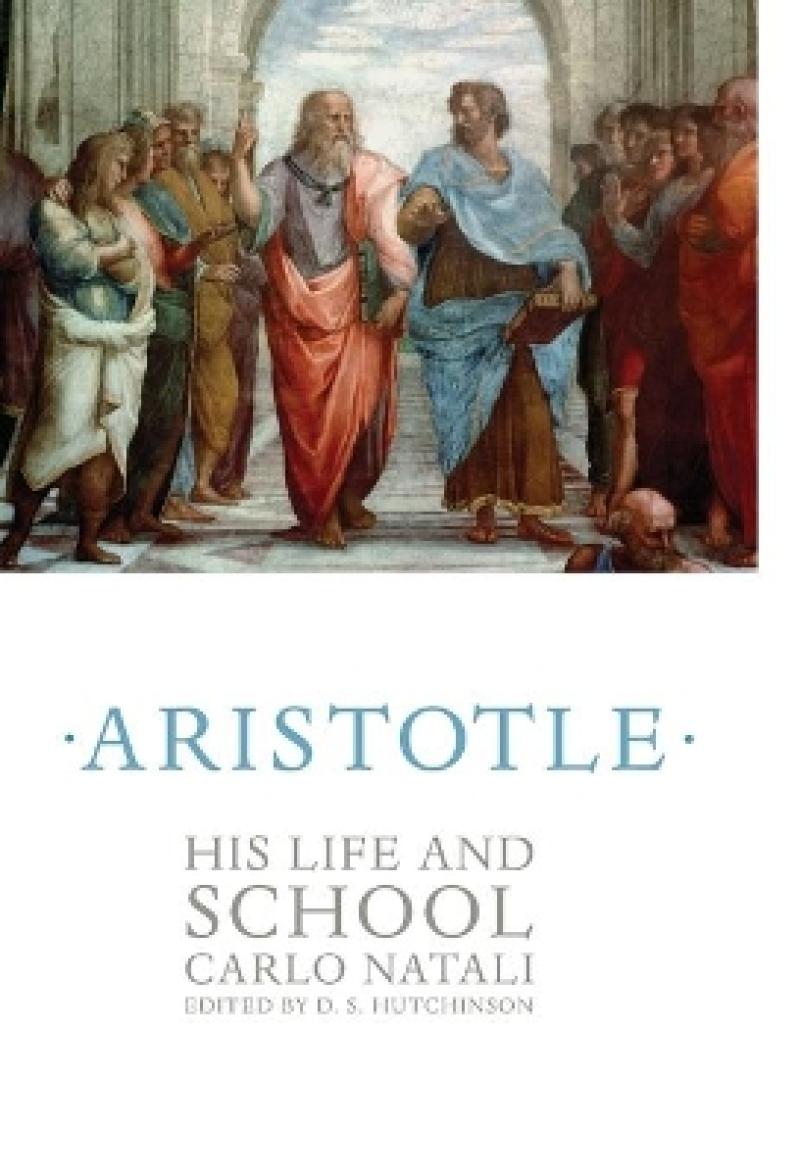One of Choice's Outstanding Academic Titles Top 25 Academic Books for 2014 "Gathering, distilling, and analyzing all the evidence and previous scholarship, Carlo Natali, one of the world's leading Aristotle scholars, provides a masterful synthesis that is accessible to students yet filled with evidence and original interpretations that specialists will find informative and provocative."--World Book Industry "Natali assembles all of the relevant ancient sources for the life of Aristotle and offers judicious assessments of their reliability and significance. The result, when it comes to the life of Aristotle, is that Natali's work is now the standard biography... This book both satisfies the highest standards of scholarship and is accessible to any intelligent readers. Every college and university library should have it."--Choice "Having read this book, I now have a much better grasp of the issues involved in ancient biography as it applies to Aristotle and other Peripatetics, and of what we know and we do not know (and knowing what we do not know is a kind of knowledge."--Robert Mayhew, Institute for Research in Classical Philosophy and Science
"This is the best account of Aristotle's life in print. Carlo Natali has given us a critical biography at once truly authoritative and highly accessible—a rare achievement. At the same time, his lucid and compelling narrative offers a distinctive view of the raison d'être of Aristotle's school. There is nothing else of anything like the same stature in English that one could recommend either to students or scholars—and this book will appeal to both."—Malcolm Schofield, professor emeritus, University of Cambridge
"Very well conceived and finely executed, this is a first-rate book about Aristotle not just as a collection of texts but as a living, breathing historical figure working in a particular context. It is eye-opening, thoughtful, deft, eminently sensible, and accessible. By placing familiar things in surprising new contexts, Carlo Natali invariably manages to put new spins on old themes."—John P. Lynch, professor emeritus, University of California, Santa Cruz

